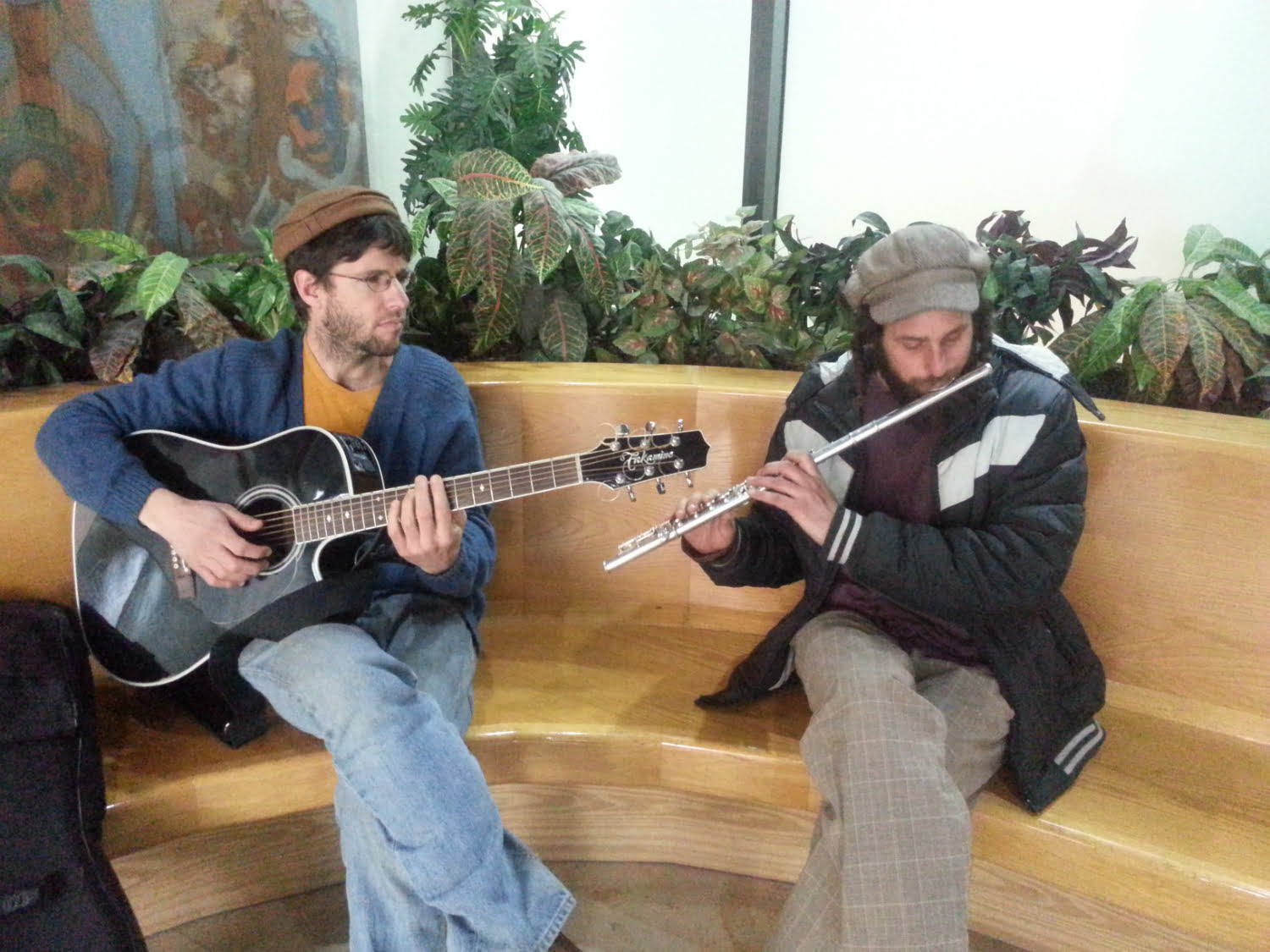Illnesses often affect more than just the body. But unlike physical symptoms, emotional and psychological trauma resulting from chronic illnesses often go undiagnosed.
That’s why organizations like Israeli nonprofit Haverut (meaning friendship in Hebrew) are stepping up to bring much-needed emotional and spiritual relief to people who have been suffering from diseases for too long.
In 2007, Rachel Ettun launched Haverut in memory of her daughter Ruth Ettun, who passed away from Cystic Fybrosis in 1997, at the age of 11. Rachel, a family therapist who specializes in work with families coping with chronic illness, loss and bereavement, focused on creative activities with her daughter, including reading, drawing, writing and other modes of personal expression.
Related articles
- Study: People Who Treat Alzheimer’s Patients Should Have Creative Hobbies
- Israeli Sheet Music App Tonara Adds Interactive Score Synchronization To Help Musicians
That’s why she decided Haverut would use art and music to help patients. “We want to use the power of music and art as a bridge to cope with crises in life,” Ettun tells NoCamels. “Our vision is about connection between the spirit and medicine.”
Haverut claims to introduce an entirely new approach to healing. But it doesn’t only complement traditional medicine, it also aspires for more profound changes in the system. “We believe that we can change the medical system,” Ettun explains. We view the person as a whole and bring the language of spirit into the hospital.”
Establishing a relationship with the patient
One of the first steps the organization has taken to achieve its goal is introducing healing through music. Guitarist Navot Ben Barak and flutist Avshalom Eshel have been performing twice a week in three different departments of the Hadassah Medical Center in Israel.
“When you come to the same place again and again, you get to meet the long-term patients and this can amount to something very rich,” Ben Barak tells NoCamels. “We were looking for a deep connection with the patients, not just saying hello and singing a song.”
Sign up for our free weekly newsletter
SubscribeFar from standard procedure, the musicians try to adjust themselves to the needs of each patient. “The musicians pick their songs through the concept of attunement,” Ettun says. “We work through a sensitive art of feeling what’s happening with each patient. It’s more like musical chaplaincy, meeting the patient and his spiritual needs and through that, communicating through music,” explains Ben Barak.
Changing the system
Unlike many similar initiatives, Haverut works not only with the patient, but also with the patient’s environment. The musicians take extra care to involve the staff as much as the patients, preparing them for their visit and making sure they know it is done sensitively. “One of our goals is for every medical center to have a community around it volunteering and approaching it in different ways. We would like to create a system where arts, music and spiritual care are an important part of it,” says Ettun.
In the future, Haverut intends to engage in musical “Kabbalot Shabbat” (the reception of the Shabbat), creating a festive musical environment every Friday, for all members of the community, including non-Jews. The organization also plans to expand their project to work with psychiatric patients.
“I would like to turn what we do into a profession,” says Ben Barak. “Perhaps open a program for this position so that like medical clowns ( a popular medical program for hospital clowns in Israel), this could emerge from something very small into an activity you can find in almost every hospital in the Western world, because it is a necessity.”
Although the task requires extreme sensitivity, the musicians do not have any formal training in musical therapy. While Navot Ben Barak is entirely self-taught, Avshalom Eshel received his training in animation at the Bezalel Academy in Jerusalem and is also involved in puppetry. Both Ben Barak and Eshel are part of the artistic Ein Karem community near Jerusalem, whose other members are also now starting to volunteer at the Hadassah Medical Center with Haverut.
Photo: Hadassah International
Related posts

Israeli Medical Technologies That Could Change The World

Harnessing Our Own Bodies For Side Effect-Free Weight Loss

Missing Protein Could Unlock Treatment For Aggressive Lung Cancer






Facebook comments